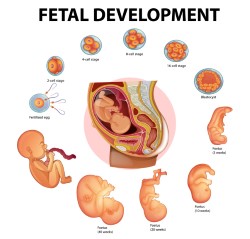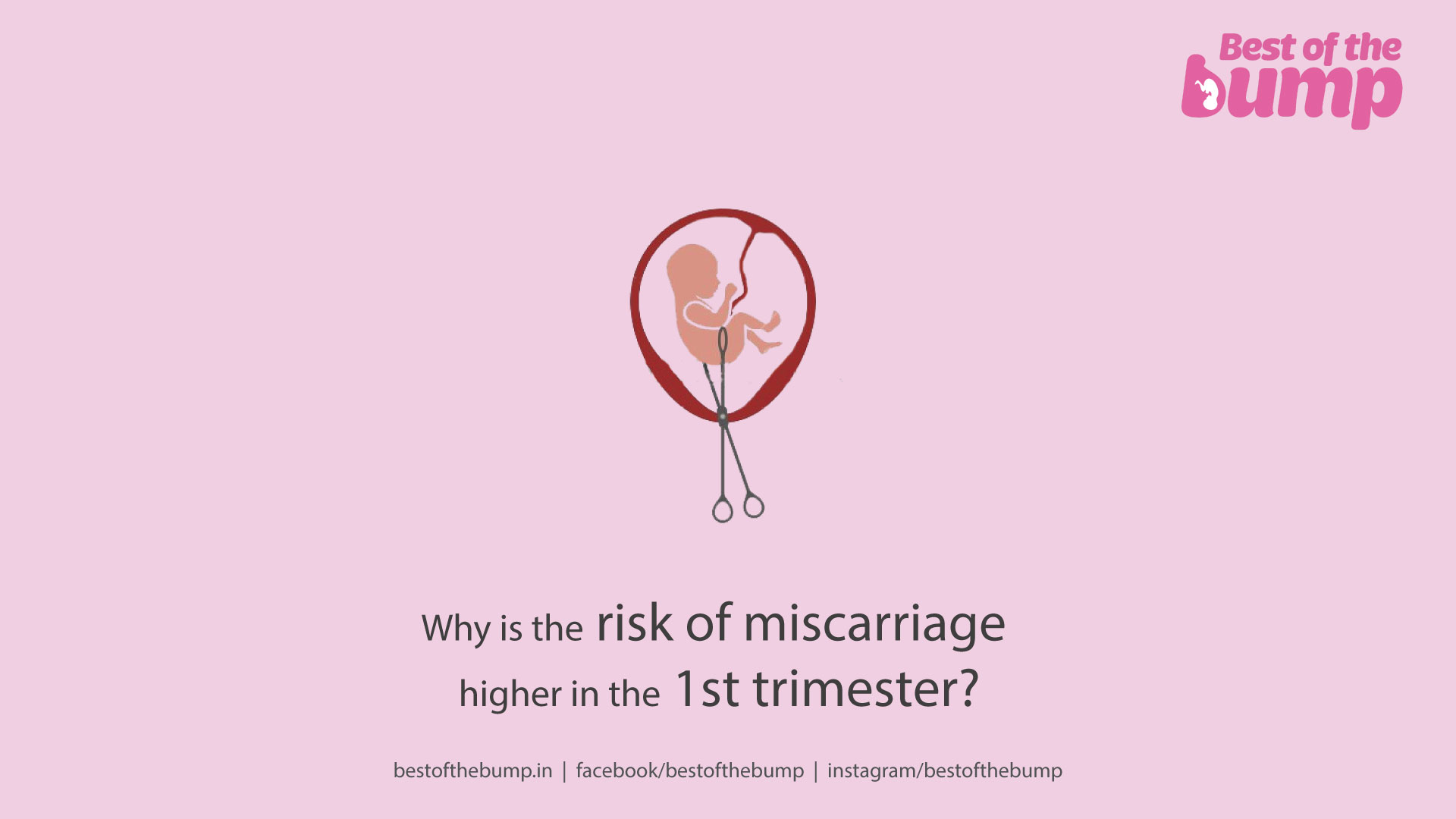Your Body 6 week fetus-Symptoms, Fetus Size, and Baby Development
6 week fetus, pregnancy is an incredible journey filled with remarkable changes, both for the mother and the developing fetus. At around six weeks, the fetus undergoes significant growth and development. In this article, we will explore the intricate details of a 6-week fetus, including its size, growth, and the experiences that mothers may encounter during this crucial stage of pregnancy.
The 6-Week Fetus: An Amazing Transformation Begins

Understanding the Size of a 6-Week Fetus
6 week fetus , the fetus measures approximately the size of a lentil or pea, ranging from 4 to 6 millimeters. While still minuscule, it is fascinating to consider the rapid growth that has occurred since conception.
Embryonic Development at 6 Weeks
6 week fetus, the embryo is gradually transforming into a recognizable human form. The basic structures of vital organs, such as the heart, brain, spinal cord, and gastrointestinal tract, begin to take shape. Tiny limb buds emerge, which will eventually develop into arms and legs. It is truly awe-inspiring to witness the early stages of human development.
Maternal Experience: Hormonal Changes and Fatigue

Hormonal Changes and Their Impact
6 week fetus mark, hormonal changes become more prominent, leading to various physiological and emotional adjustments. Hormones like progesterone and human chorionic gonadotropin (hCG) play vital roles in supporting pregnancy and can affect the mother’s overall well-being.
Fatigue and Exhaustion
6 week fetus, many mothers experience fatigue and exhaustion during this stage. Hormonal fluctuations, increased blood volume, and the body’s energy demands contribute to this feeling of tiredness. It is crucial for expectant mothers to prioritize self-care, ensuring they get sufficient rest and nutrition to support both themselves and the developing fetus.
Coping with Physical and Emotional Changes
Nurturing the Body with Proper Nutrition
Adequate nutrient intake is essential during pregnancy, particularly at the 6-week mark. Expectant mothers should focus on a well-balanced diet, incorporating a variety of essential nutrients, vitamins, and minerals. Consulting a healthcare provider can help ensure that both the mother and the growing fetus receive the necessary nourishment.
Finding Refreshment in Outings
6 week fetus, engaging in outings and activities can be beneficial for expectant mothers during this stage. Fresh air, light exercise, and time spent in nature can help alleviate stress, boost mood, and provide a sense of rejuvenation. It is crucial to strike a balance between rest and gentle physical activity to support overall well-being.
Frequent Urination: A Common Experience
Understanding the Reason
Mothers often experience increased frequency of urination around the 6-week mark. This is primarily due to the increased blood flow to the pelvic region, resulting in additional pressure on the bladder. The good news is that as the uterus moves into the abdominal cavity in the mid-semester, this pressure is typically alleviated.
Managing Frequent Urination
6 week fetus, to manage frequent urination, mothers can adopt strategies such as drinking plenty of fluids, but in smaller amounts throughout the day. Avoiding excessive caffeine intake and emptying the bladder completely during each bathroom visit may also provide some relief.
Pregnancy symptoms
Fatigue
Feeling tired and exhausted is a common symptom during the early weeks of pregnancy. Hormonal changes and the increased energy demands of the developing fetus can contribute to feelings of fatigue.
Nausea and Morning Sickness
6 week fetus, morning sickness, which can occur at any time of the day, is a hallmark symptom of early pregnancy. Some women may experience nausea without vomiting, while others may experience both. The exact cause of morning sickness is not fully understood, but hormonal changes and increased sensitivity to certain smells and tastes are thought to play a role.
Breast Changes
6 week fetus, breast tenderness and sensitivity are common symptoms during early pregnancy. Hormonal changes cause the breasts to become more sensitive and may result in them feeling swollen, heavy, or sore to the touch.
Frequent Urination
6 week fetus, as the uterus expands and places pressure on the bladder, pregnant women may experience an increased need to urinate. This symptom can be particularly noticeable during the night and may persist throughout the pregnancy.
Mood Swings
Hormonal fluctuations during pregnancy can lead to emotional changes and mood swings. Pregnant women may experience heightened emotions, ranging from joy and excitement to irritability and weepiness.
Changes in Appetite
Some women may notice changes in their appetite during the sixth week of pregnancy. They may experience food cravings or aversions to certain smells or tastes. These changes are often attributed to hormonal shifts.
Increased Vaginal Discharge
6 week fetus, pregnant women may notice an increase in vaginal discharge, which is typically thin and milky white. This is a normal response to hormonal changes in the body and helps prevent infections.
Constipation
Hormonal changes during pregnancy can slow down digestion, leading to constipation. Drinking plenty of water, eating fiber-rich foods, and staying physically active can help alleviate this symptom.
Heightened Sense of Smell
Some pregnant women may experience a heightened sense of smell during the sixth week. Certain odors that were once tolerable may become overwhelming or even nauseating.
Dizziness or Lightheadedness

Fluctuations in blood pressure and increased blood volume can cause feelings of dizziness or lightheadedness during pregnancy. It’s important to get up slowly from a seated or lying position to avoid feeling faint.
6 week fetus, the journey of pregnancy is filled with extraordinary transformations, both for the mother and the developing fetus. At 6 weeks, the fetus undergoes significant growth and development, forming the foundation for future growth and maturity. Understanding the changes in fetal size, maternal experiences, and coping strategies can empower expectant mothers to embrace this remarkable stage of pregnancy with confidence and joy. Remember, each pregnancy is unique, and seeking guidance from healthcare professionals is essential to ensure the well-being of both mother and child throughout this incredible journey.
See This Also



